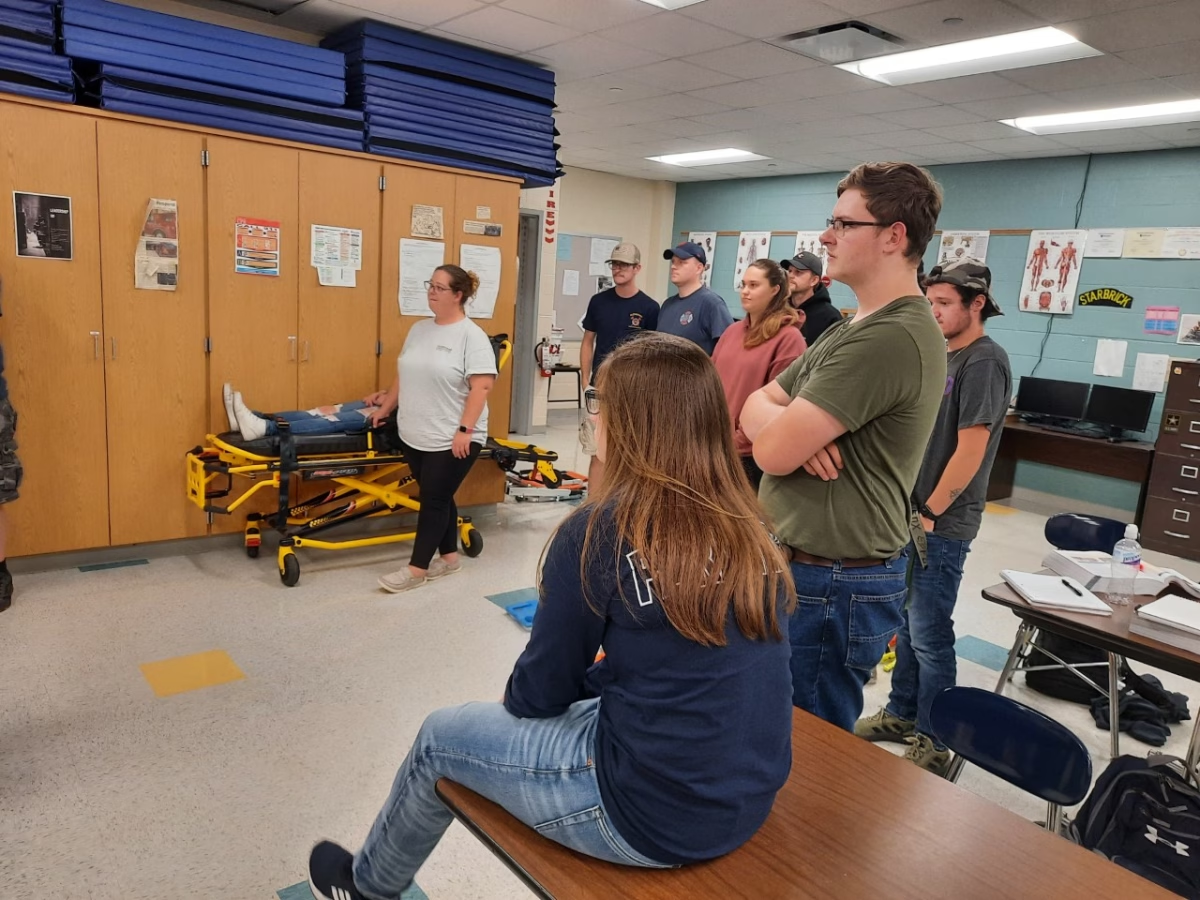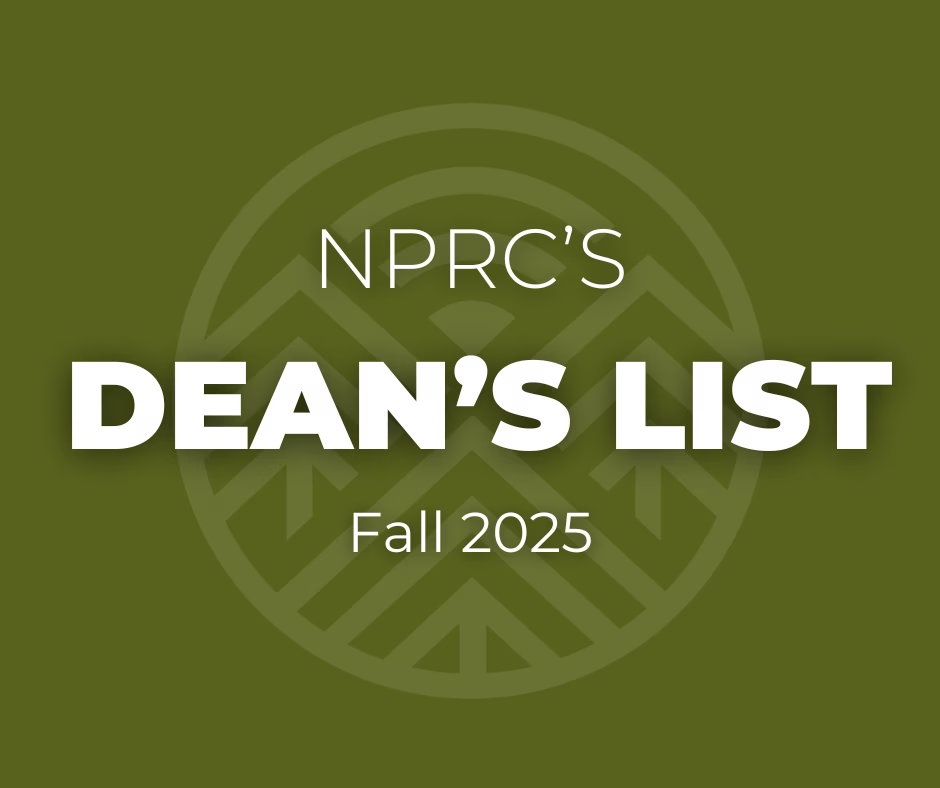Financial Aid Policies
Check out our institutional policies related to financial aid.
Withdrawal Policies
Withdrawing from a course or from the college may be in your best interest; however, you need to be aware of how withdrawing will affect your financial aid and tuition charges.
Financial Aid Satisfactory Academic Progress (SAP)
The Department of Education requires Financial Aid Offices to establish a policy that monitors degree progression and consistently apply it to all students. NPRC reviews SAP at the end of each Spring, Summer, and Fall term.
SAP is a cumulative figure, meaning this metric is based on every course you've attempted or transferred into NPRC.
Important Dates
To help students understand when they'll recieve their financial aid and a pell grant recalculation date, we are providing information on these specific time sensitive topics.
Drug Conviction and Aid Eligibility
If you have been convicted of a drug offense while receiving federal student aid, your eligibility may be affected. Please view the NPRC policy on this here.
Consumer Information
To comply with the Higher Education Act of 1965, we are required to disclose specific consumer information about the university and the availability of student financial aid to prospective and current students.
The Student Consumer Information page provides students, parents, and the communities we serve with the needed information about the College. Head there for more information regarding NPRC's policies.
See What Our Students Have to Say

“It was a wonderful experience here at NPRC. I learned so much and my instructor was amazing. He was knowledgeable and made sure that everything we need is uploaded online and communicates well with us. He also held us accountable to make sure we were learning and ready. I enjoyed working alongside my amazing classmates and all the different experiences they brought to the course. Everyone in our class was eager to learn and was proactive about staying up to date on what is being asked of us.”
- Marie, NPRC EMT Graduate
“Attending NPRC was truly life-changing for me and provided a foundation to pursue my passion for early childhood education. I gained the knowledge and skills needed to excel in this field. But it was bigger than just academics; my professors taught me valuable life lessons and instilled important values that have shaped who I am today. Overall, my college journey has not only prepared me for a successful career but has also equipped me with the mindset and tools to make a positive impact on the lives of young children.”
- Brittany, Early Childhood Education Graduate
“I had a fear that this degree would be unobtainable due to being a full-time employee and mother. With the support of family, friends, coworkers, and NPRC, I’ve gained confidence and support to continue my education.”
- Brittney, NPRC Student
“From the first time I found out about NPRC, I knew attending college was something I wanted to pursue because of how genuine the first interaction was. I’m proof that finding the right path can be done. It’s worth it to find ways out of situations you do not want to be in for better ones. I can’t say enough about how NPRC’s employees have empowered and advocated for me.”
- Amanda, NPRC Student
"NPRC’s faculty, staff, and professors do everything they can to see the students succeed and provide us with exactly what we need to do our best both inside the classroom and out. The early childhood education program is phenomenal. It was a school that aided me in balancing class, schoolwork, and my career. From the start and throughout my time, NPRC made me feel like I was at the right place.”
- Savannah, Early Childhood Education Graduate






